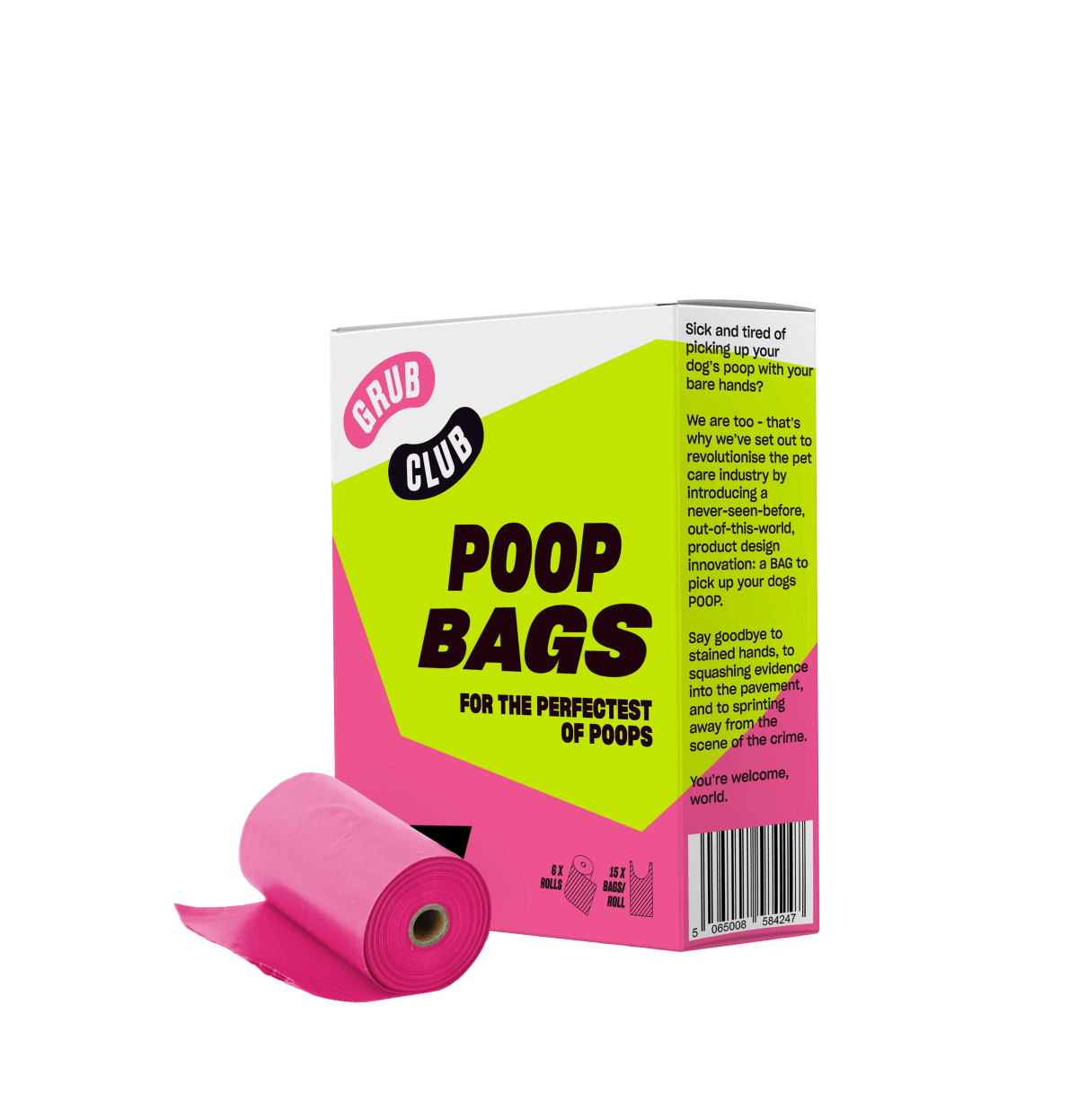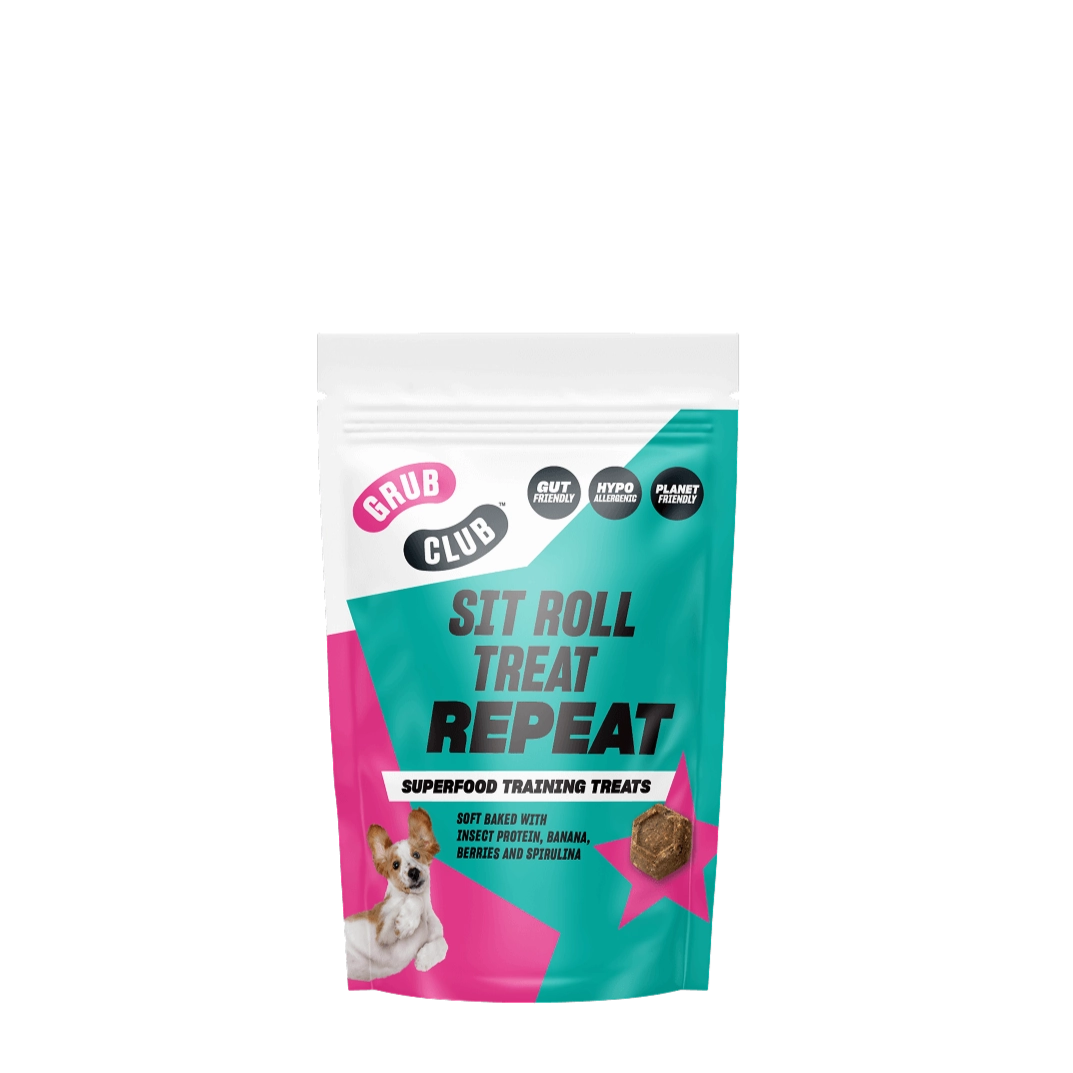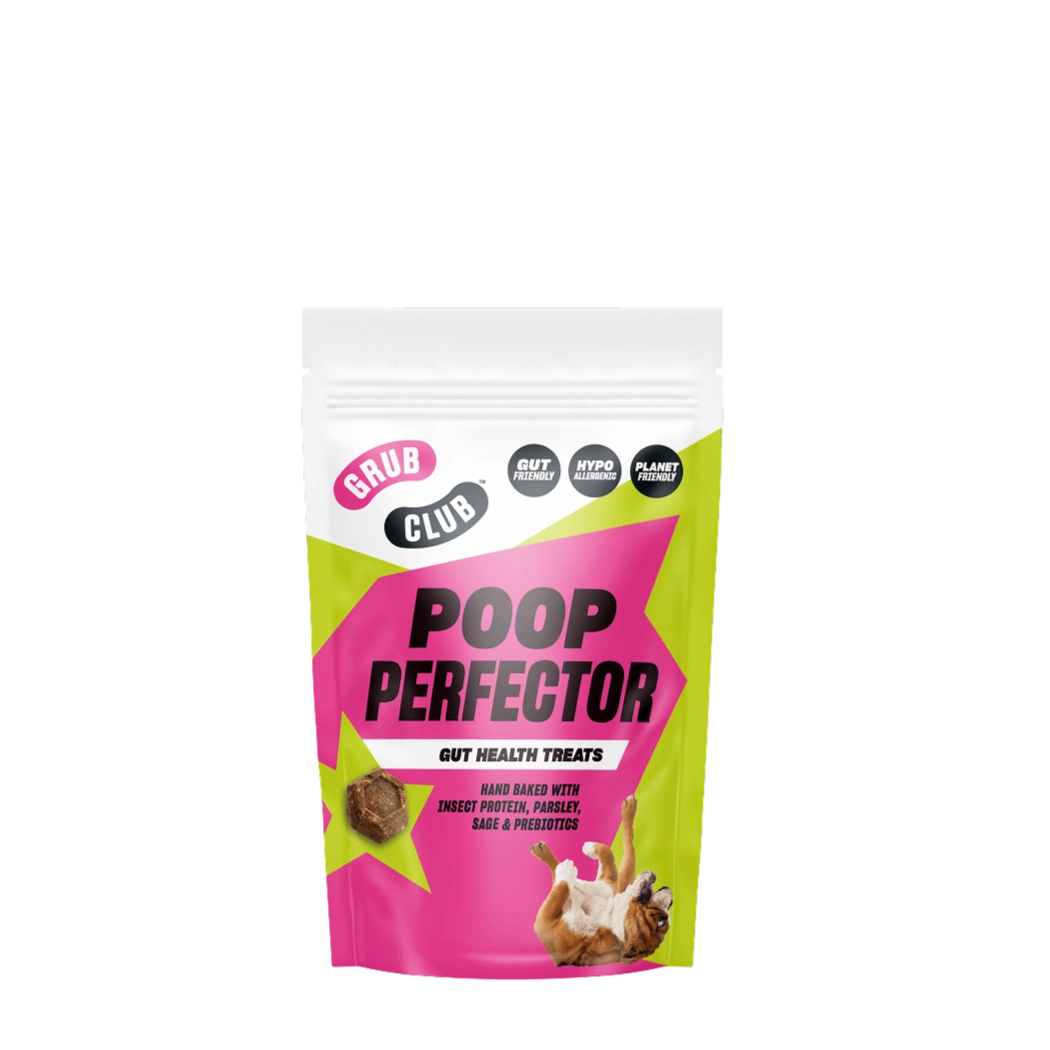Top Dog: All-In-One
Supplement for Snout-to-Tail Wellness
60 Scoops
FREE UK Delivery on orders above £49.
You have £0.00 in your cart, spend £49.00 more and get free shipping.
60 Scoops
1 Bar
72 Bags
1 Pack
1 Pack
1 Pack
Or continue without a name
CheckoutThe day has been in your calendar for weeks and now it’s actually happening... It's time to roll out the red carpet (complete with puppy pads) as your new puppy is finally coming home.
But without putting a dampener on the big day (excuse the pun), are you really prepared? Sure, you might have their bed, toys and food ready but have you considered how they will settle down in their new environment?
We share the best ways to introduce your puppy to your home.

Ok, so we've touched on the basics – bed, toys, food and lead. But your preparation list should extend to:
Top tip: check if the breeder is sending the puppy home with anything so that you don’t end up purchasing things you don’t need. EG: the breeder will often send your puppy home with some food samples as it's recommended to keep your dog on the same diet to begin with.
Plan ahead where your new puppy will be eating and sleeping. Check the safety aspects of your home and deal with any potentially harmful areas such as removing plants from floors, keeping cleaning products locked away, putting up stair gates and checking that your garden is escape-proof incase your new puppy aspires to be the next Houdini.
Scout out your local veterinary surgeries and check if they have the capacity to take on new clients. Register and book your new puppy in for a check-up.
If you have chosen a breed that will need regular grooming, also do some research into the best groomers in your area. The same goes for puppy classes as these can get booked up quickly (make sure you've got your Sit Roll Treat Repeats at the ready).
Collect your puppy early on in the day in order to give everybody time to adjust before bedtime (which can be very daunting to a new puppy). Hopefully, your journey back has been as chilled as you could make it but it is understandable if your puppy is a little anxious.
When you first go into the house, hold them close and talk gently to them. Ask children to keep their excitement levels down as much as they possibly can (tricky, because OMG puppy!) but noise can heighten a pup’s anxiety and you want them to settle as quickly as possible.
Begin by showing your puppy the main areas of the house, where their bowls are, where to find water and also their bed. If they seem happy to investigate their new surroundings, just let them wander about and observe what they get up to.
As they gain their confidence, you can show them a little more of your home and also your garden but don’t overwhelm them, there is plenty of time to see the entire house over the coming days.
Hopefully, you will have managed to take your children along to your visits to choose your puppy so they will be able to recognise their smell and voices but if this wasn’t possible you can take a few simple steps to get both parties used to one another:
If your puppy isn’t going to be the only pet in the house you will need to carefully introduce your other pets. If you have another dog, you may have been allowed to bring it along to some of the visits with the breeder.
Bringing home an item with the puppy’s scent on it will help your current dog to get used to its smell and vice versa. Before your puppy comes home, it is advisable to remove any treats or toys that your current dog could become possessive over and to create two separate sleeping areas so each dog has their own space.

If their first meeting is at home it is best to attempt this in neutral territory just outside of the house or within the garden. Use treats and positive words to praise good behaviour and remove your dog if it demonstrates unwanted reactions. Once they become comfortable and used to one another your puppy will quickly learn from your other dog and how much it can get away with.
Other pets can be a little more tricky. Puppies are inquisitive creatures and pets such as cats, rabbits or rodents can seem like a great thing to play with. Again, keep the household calm, introduce each pet slowly and reward all the good behaviours that they demonstrate. At such a young age they should quickly learn commands such as leave, no, no more, away and so on.
Everyone always worries about those first few nights but they're usually never as bad as you imagined. The most important steps you can take to help your new puppy are:
This last one is really important. Leaving a puppy to cry all night is only going to keep you up, annoy the neighbours and cause your pup distress. Nobody wants to get into bad habits by spoiling them from the off but this little puppy is now a part of your family so there has to be a little give and take.

Now, everyone is different and we all have our own sleeping setups at home (no judgement here!). We'd be lying if we said some of us don't let our dogs sleep at the end of our beds...
So, we can only advise to some extent, the rest is purely up to you…
If your puppy has his/her bed downstairs you may choose to sleep down there with them or near to them on that first night in order to reassure them that they aren’t alone.
Don’t forget, this puppy has been used to snuggling with its mum and siblings up until this moment so they are understandably going to be feeling very lonely. The breeder may have been kind enough to give you something that smells of their mum to take home such as a blanket. So ensure they have this with them each night to help.
If sleeping near to your puppy isn’t for you, you can use your voice, treats or maybe gentle music to reassure and ease them. Puppies really are like newborns and sometimes all they need to know is that you do come back when they call you.
Of course, your new puppy may not always be making a fuss because it is upset, you need to bear in mind that it is still a baby and when it needs to go, it needs to go!
If you are going to allow your puppy to sleep in your bedroom this has to really be a permanent setup. It’s not going to go down well if you let them sleep there for the first week and then tell them no, it’s out of bounds, so think your sleeping arrangements through carefully beforehand.
The benefits of having them in your bedroom are that you can reassure them without having to leave your bed and you can react quickly when they need to go out.
It really doesn’t take a puppy too long to figure out the house rules and sleeping arrangements so you should only have a few unsettled nights if that.
We honestly cannot emphasise this enough, dogs love routine and starting yours from the moment your puppy comes home is vital. From nap times to playtime, a consistent bedtime as well as a good feeding routine and regular walks, once they are old enough, will all lead to a happy, healthy puppy.
We hope these tips will help you to introduce your puppy to your home and if you need any further puppy advice do check out some of our other blogs on our website.





